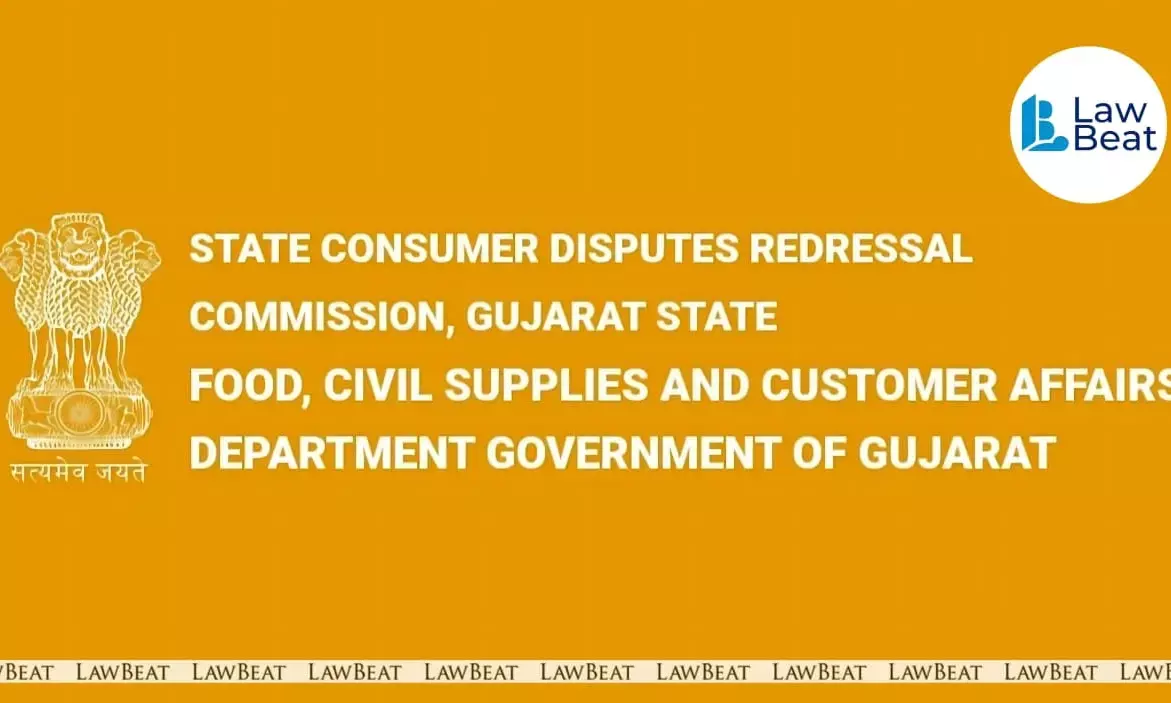Does Free Treatment Take Away Patient’s Rights? Gujarat Consumer Commission Says ‘No’

Gujarat State Consumer Disputes Redressal Commission clarifies that even free medical services qualify as “service” under the Consumer Protection Act, empowering patients to seek compensation for medical negligence
The Gujarat State Consumer Disputes Redressal Commission has clarified that patients who receive free treatment in hospitals cannot be denied the status of “consumers” under the Consumer Protection Act.
The Commission stressed that hospitals, whether charging fees or not, render a “service” within the meaning of the Act, and patients retain their right to seek compensation for negligence.
The ruling came while hearing an appeal in a case dating back to 2013, involving allegations of medical negligence against Akshar Surgical Hospital in Botad. The patient, Bharatkumar Gorahva, was admitted for kidney stone treatment. Following surgery, he was administered an antiseptic injection that allegedly worsened his condition and eventually led to his death.
His legal heirs filed a complaint before the Bhavnagar District Consumer Disputes Redressal Forum in 2015, seeking compensation from the hospital. The forum, however, dismissed the claim, reasoning that since the hospital had provided free treatment, the deceased could not be considered a consumer under the Consumer Protection Act.
Challenging this reasoning, the family appealed to the State Commission. Their counsel relied on a Supreme Court ruling which had earlier settled the principle that hospitals providing free treatment also fall under the purview of the Act. The apex court had observed that when hospitals adopt a cross-subsidy model; charging those who can pay while treating others free of cost, such services, whether paid or unpaid, fall within the ambit of “service” under Section 2(1)(o) of the Consumer Protection Act.
Accepting the argument, the State Commission strongly criticized the district forum’s approach. It ruled, “Service rendered at non-government hospital or nursing home where charges are required to be paid by persons who are in a position to pay, and persons who cannot afford to pay are rendered service free of charge, would fall within the ambit of expression ‘service’ as defined in Section 2(1)(o) of the Act, irrespective of the fact that the service is rendered free of charge to persons who are not in a position to pay for service. Free service would also be service, and the recipient is a consumer under the Act.”
Accordingly, the State Commission quashed the district forum’s dismissal order and remanded the matter for fresh adjudication. The forum has been directed to decide the compensation claim within six months.
This clarification is significant as it underscores that access to consumer protection is not dependent on a patient’s ability to pay. It ensures that hospitals, whether charitable or private, remain accountable for medical negligence. The ruling also echoes the broader spirit of the Consumer Protection Act, which aims to empower individuals against deficiency of service, regardless of whether such service was availed free of cost or for payment.
The Commission’s decision has been welcomed as a vital reaffirmation of patient rights. Legal experts note that many hospitals in India function on a model where certain patients are treated free of charge, often cross-subsidised by others who pay. In such situations, excluding free patients from the definition of “consumer” would create an arbitrary and unjust gap in accountability.
Beyond this case, the ruling carries wider implications for medical negligence claims. It sends a clear message that hospitals cannot escape scrutiny or liability simply because treatment was provided at no cost. For patients and families, it reaffirms that avenues for redressal remain open, strengthening the system of checks and balances on healthcare institutions.
The case will now be re-examined by the Bhavnagar District Forum, which must adjudicate the claim afresh and render a decision within six months, as directed by the Commission.
